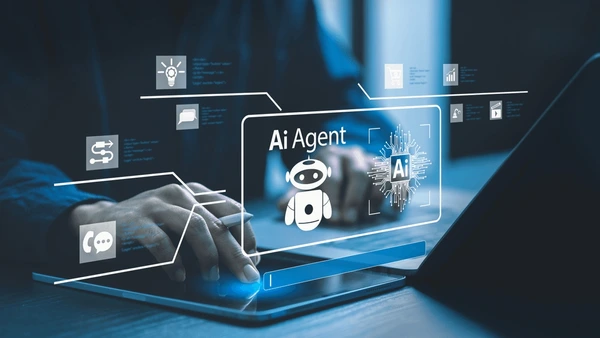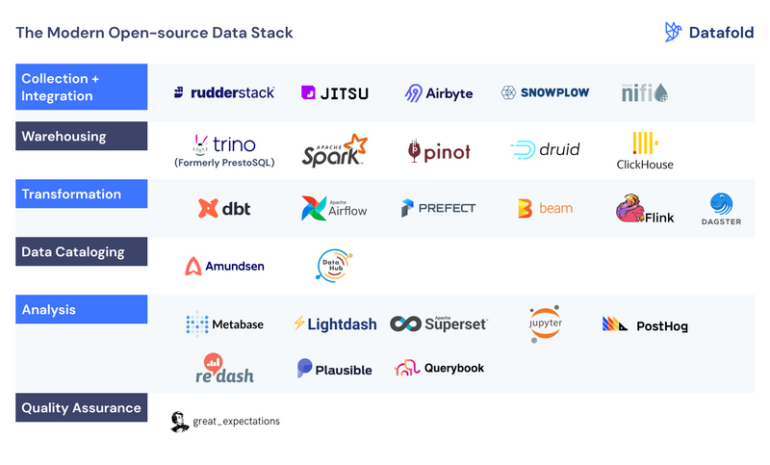Introduction
In today’s fast-paced digital landscape, businesses need smarter, faster, and more efficient ways to handle tasks—without constant human intervention. Enter AI Agents, autonomous systems powered by artificial intelligence that can perform complex workflows, make decisions, and interact with users just like a human employee—but with unmatched speed and precision.
From automating customer service to optimizing supply chains, AI agents are transforming industries. In this blog post, we’ll explore:
- What AI agents are and how they work
- Key benefits for businesses
- Real-world use cases
- How to implement AI agents in your operations
What Are AI Agents?
AI agents are intelligent software programs designed to perceive their environment, process information, and take actions to achieve specific goals. Unlike traditional rule-based bots, AI agents use machine learning (ML), natural language processing (NLP), and predictive analytics to adapt and improve over time.
Types of AI Agents
- Simple Reflex Agents – React to predefined triggers (e.g., chatbots answering FAQs).
- Model-Based Agents – Use historical data to make decisions (e.g., fraud detection in banking).
- Goal-Based Agents – Work towards specific outcomes (e.g., autonomous delivery route optimization).
- Learning Agents – Continuously improve from interactions (e.g., AI-powered recommendation engines).
Why Businesses Should Leverage AI Agents
1. 24/7 Automation Without Fatigue
AI agents handle repetitive tasks—customer inquiries, data entry, inventory tracking—without breaks, reducing operational costs.
2. Smarter Decision-Making
By analyzing vast datasets in real time, AI agents provide data-driven insights (e.g., dynamic pricing, demand forecasting).
3. Enhanced Customer Experiences
- AI chatbots resolve queries instantly.
- Personalized marketing agents tailor promotions based on user behavior.
4. Scalability & Cost Efficiency
Deploying AI agents is cheaper than hiring and training employees for high-volume tasks.
Real-World Applications of AI Agents
1. Customer Support
- Example: ChatGPT-powered helpdesk agents reducing response times by 70%.
2. E-Commerce & Sales
- Example: AI shopping assistants that upsell/cross-sell based on browsing history.
3. Healthcare
- Example: Diagnostic AI agents analyzing medical records for faster treatment plans.
4. Finance & Fraud Detection
- Example: AI agents flagging suspicious transactions in milliseconds.
How to Implement AI Agents in Your Business
- Identify Repetitive Tasks – Start with processes like email sorting, appointment scheduling, or data analysis.
- Choose the Right AI Platform – Tools like Google’s Dialogflow, Microsoft Bot Framework, or custom LLM-based agents.
- Train with Quality Data – Feed historical data to improve accuracy.
- Monitor & Optimize – Continuously refine based on performance metrics.
The Future of AI Agents
As generative AI (e.g., GPT-4, Claude, Gemini) evolves, AI agents will become even more autonomous—handling complex negotiations, creative tasks, and even managing other AI systems.
Are You Ready?
At DevJunctions, we build custom AI agents tailored to your business needs—whether it’s automating HR workflows, enhancing CRM systems, or deploying AI-driven analytics.
🚀 Let’s future-proof your operations—contact us today!
Final Thoughts
AI agents aren’t just a trend—they’re the next evolution of business efficiency. By integrating them now, companies gain a competitive edge in automation, cost savings, and customer satisfaction.
Need an AI agent solution? Get in touch with DevJunctions for a free consultation.

